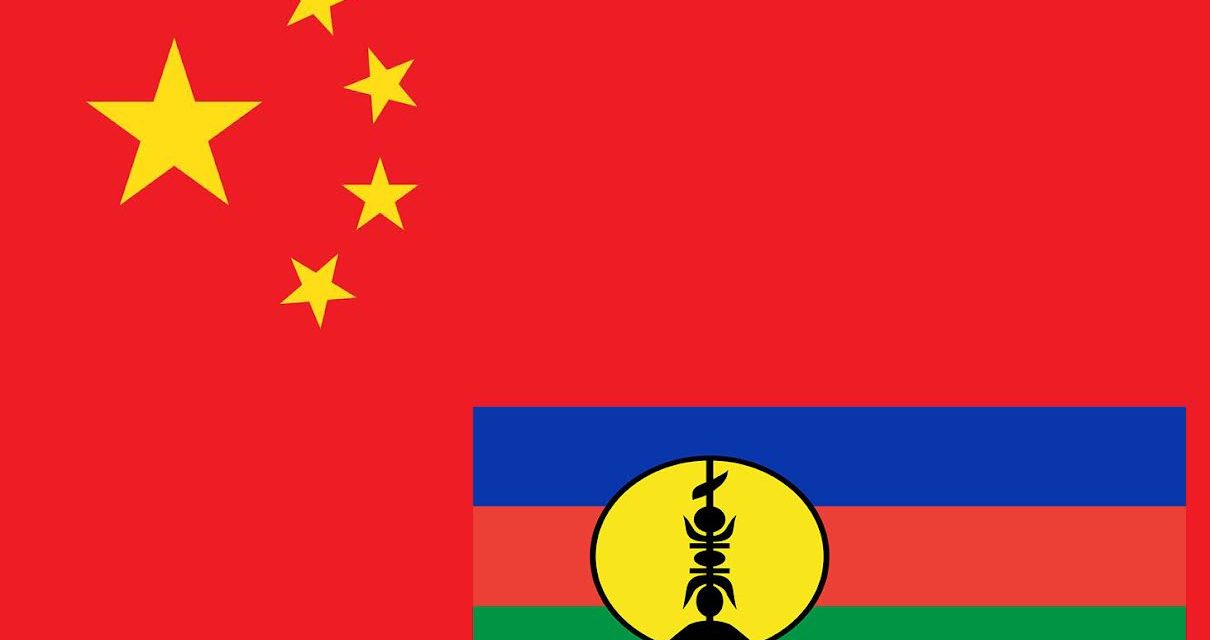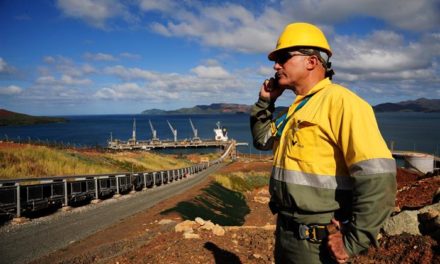The Strategic Research Institute of the École militaire (IRSEM) has just published a report on Chinese influence operations*. This report devotes a page to Caledonia.
According to the IRSEM report, there were suspicions of Chinese interference in the 2018 referendum on New Caledonian independence. The NO vote for independence had obtained 56% of the votes. Two years later, the YES vote for independence had increased by 3%. The date of the third and final referendum is 12 December this year, but it could be postponed because of the Covid crisis.
Isolating Australia
The authors of the report believe that an independent New Caledonia would immediately come under Chinese influence. It would “become the keystone of the Chinese anti-encirclement strategy”, while isolating Australia “since in addition to Nouméa, Beijing will be able to rely on Port Moresby, Honiara, Port-Vila and Suva”.
Nickel objective
For the IRSEM, China’s second motivation in Caledonia concerns nickel, of which Caledonia is a major world producer. This makes two profound reasons to encourage Caledonian independence. For the IRSEM, “China works by infiltrating the economy, by getting close to tribal and political leaders because it is the most effective and least visible method. Its strategy is well-tried and has worked elsewhere in the Pacific. The IRSEM report refers to the Sino-Caledonian Friendship Association.
Infiltrating the independentists
Its president is also a former member of the cabinet of pro-independence leader Roch Wamytann. Generally speaking,” write the authors of the report, “the [Chinese] diaspora and the associations that represent it, for some, are extremely close to certain pro-independence elected officials. In October 2017, a year before the first referendum, Karine Shan Sei Fan invited the Chinese ambassador to France who, with his wife and advisors, spent a week in the country. The non-independence deputy Philippe Gomes then made this confidence, which had great meaning to the IRSEM experts: “They saw everyone, they asked what we needed: tourism, aquaculture, everything that was likely to be of interest they proposed”. It should be pointed out that the content of the IRSEM report only commits its authors, not the French State.
* P. Charon and J.-B. Jeangène Vilmer, Les Opérations d’influence chinoises. Un moment machiavélien, report by the Strategic Research Institute of the École militaire (IRSEM), Paris, Ministry of the Armed Forces, September 2021.





